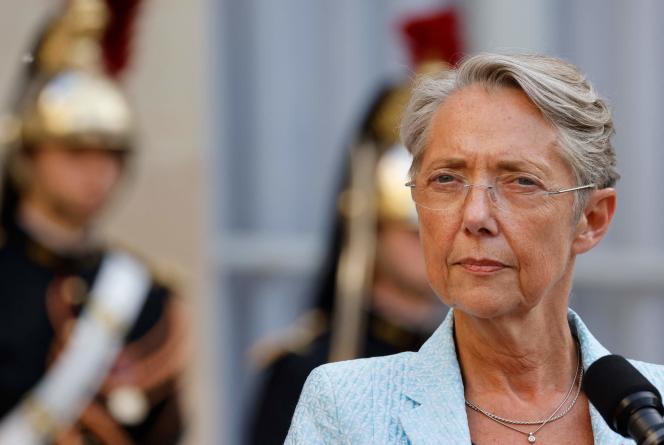France’s Prime Minister, on Sunday ruled out a backtracking to raise the retirement age as unions planned for another mass protest.
An increase in the minimum retirement age to 64 from the current 62 is part of a flagship reform package pushed by President Emmanuel Macron to ensure the future financing of France’s pensions system.
After union protests against the changebrought out over a million people into the streets on January 19, the government signalled there was wiggle room on some measures.
They included special deals for people who started working very young, and provisions for mothers who interrupted their careers to look after their children and for people who invested in further education.
But the headline age limit of 64 was not up for discussion, Prime Minister Elisabeth Borne said Sunday.
“This is now non-negotiable,” she told the FranceInfo broadcaster.
While unions have welcomed the government’s readiness for negotiation on parts of the plan, they say the proposed 64-year rule has to go.
Calling the reform “unfair” France’s eight major unions, in a rare show of unity, said they hoped to “mobilise even more massively” on Tuesday, their next scheduled protest day, than at the January 19 rallies.
On that occasion, the government put the turnout at 1.1 million; the unions said more than two million.
“It’s looking like there will be even more people”, said Celine Verzeletti, member of the hardleft union CGT’s confederation leadership.
Pointing to opinion polls, Laurent Berger, head of the moderate CFDT union, said that “the people disagree strongly with the project, and that view is gaining ground”.
It would be “a mistake” for the government to ignore the mobilisation, he warned.
Communist party leader Fabien Rousselcalled Borne’s remark “a provocation”, saying the prime minister was “blinkered” and her government “inflexible”.
Marine Le Pen, leader of the far-right National Rally, repeated her opposition to the government’s “unjust and brutal” plans.
Unions and the government both see Tuesday’s protests as a major test.
Some 200 protests are being organised countrywide, with a big march planned for Paris, culminating in a demonstration outside the National Assembly where parliamentary commissions are to start examining the draft law on Monday.
The leftwing opposition has submitted more than 7,000 amendments to the draft in a bid to slow its path through parliament.
Macron’s allies, short of an absolute majority in parliament, will need votes from conservatives to get their pensions plan approved.
The government has the option of forcing the bill through without a vote under special constitutional powers, but that risks triggering a vote of no confidence, and possibly new parliamentary elections.
On Sunday evening, Borne held a meeting with several of her ministers and senior government officials to discuss how to proceed.
Source: France 24

